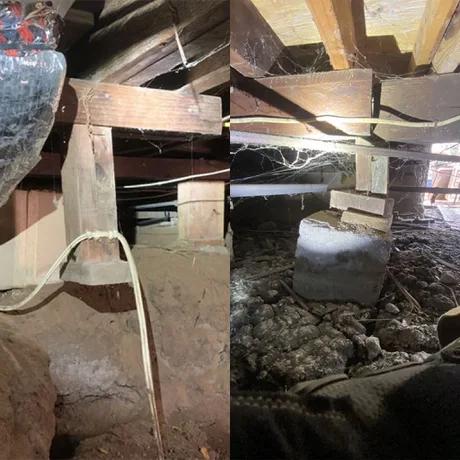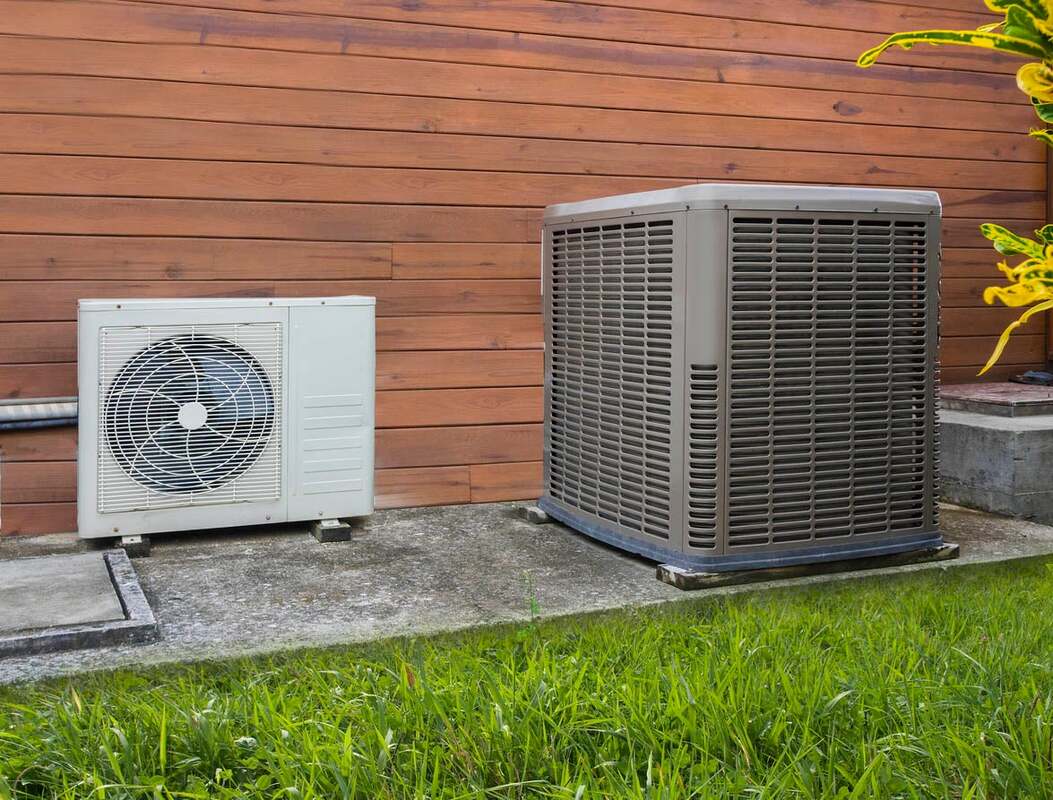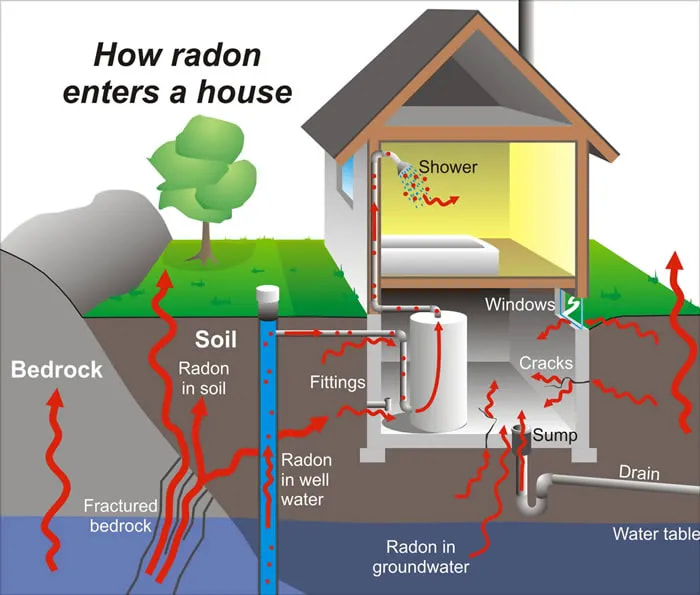|
A heat pump is a device that uses electricity to move heat from one place to another. Heat pumps can move heat from a cool space to a warm space, or vice versa. This process is known as heat transfer. Heat pumps work by using a refrigerant that can absorb heat from one place and release it in another. The refrigerant is compressed, which causes it to become hot. This hot refrigerant is then passed through a set of coils, which transfers the heat to the air or water in the space. The refrigerant then cools down and is passed through another set of coils, which transfers the heat back to the space. This process is repeated over and over, allowing the heat pump to effectively move heat from one place to another.
Climate change and global warming can affect the real estate market in several ways, and it may influence your decision to purchase a home. One of the most significant impacts is the increased risk of flooding, which can make some properties less desirable or uninsurable. The rising sea levels and extreme weather events associated with climate change also increase the risk of coastal properties being damaged or destroyed. Additionally, as temperatures continue to rise, the demand for homes in cooler regions may increase, leading to changes in housing prices and construction patterns. It could also affect the insurance and mortgage rates, a higher risk of natural disasters could mean home buyers would need to pay more for insurance, or that mortgages on certain homes will be harder to obtain.
Possible impacts to a home's infrastructure could include:
The State of Connecticut recommends testing your home for radon in air (and radon in water if you have a well). Radon gas is a leading cause of lung cancer but can be remediated if present in a home. It is highly recommend to test for radon in a real estate transaction BEFORE buying a home.
|
Details
AuthorTom Schlotter, licensed home inspector. Archives
May 2024
Categories |
- Home
- Contact
- About Me
- Unbiased
- References
- Radon Testing
- Water Testing
- FAQ
-
Info and Tips
- Blog
- 15 Tools Every Homeowner Should Own
- 10 Ways To Save Energy
- Abrasive Blasting for Mold Remediation
- Acid Rain
- Adjustable Steel Columns
- Advantages of Solar Energy
- Aging in Place
- Aluminum Siding
- Aluminum Wiring
- Ants
- Anti-Scald Valves
- Arc-Fault Circuit Interrupters (AFCIs)
- Asbestos
- Asbestos in Vermiculite
- Attic Pull-Down Ladders
- Average Home Inspection Cost
- Backdrafting
- Backflow Prevention
- Barbeque Safety
- Basement Waterproofing
- Bathroom Vents
- Bats
- Bed Bugs
- Home Inspector in Bethel CT | Allied Home Inspections LLC
- Biological Pollutants
- Home Inspector for Brookfield CT | Allied Home Inspections LLC
- Bug Zappers
- Building a Home
- Building Cavities Used as Supply or Return Ducts
- Buying a Foreclosure
- Carbon Monoxide
- Carpeted Bathrooms
- Central Humidifiers
- Central Vacuum
- Central Air-Conditioning Systems
- Child-Proofing
- Chinese Drywall
- Clothing Moths
- Collar Ties
- Condensation in Double-Paned Windows
- Crumbling Foundations in CT
- Condo Inspector in Danbury CT area - Allied Home Inspections LLC
- Home Inspector for Danbury CT | Allied Home Inspections LLC
- Electrical Conductor Types
- Electric Heat and Condensation
- Electrical Panels
- EMFs in the Home
- Energy Conservation
- Energy-Efficient Houses
- Engineered Wood Flooring
- Exterior Design Features
- Factory-Built Fireplaces
- Facebook Posts
- Home Inspector in Fairfield CT | Allied Home Inspections LLC
- FHA Loan Basics
- Fire Safety
- Foreclosures
- Foreclosure Inspections
- Formaldehyde
- Foundation Insulation
- Galvanic Corrosion
- Galvanized Pipe
- Garages
- Garage Doors and Openers
- Garage Fire Containment
- GFCI's
- Gutters
- Home Inspector for Heritage Village
- Home Inspection: An Overview
- How To Choose a Home Inspector
- Ice Dams
- Infrared Inspections
- Insulation
- Internships for Home Inspectors in Connecticut
- Knob and Tube
- Links and Resources
- Manufactured Homes
- Home Inspector Newtown CT | Allied Home Inspections LLC
- Home Inspector New Milford CT | Allied Home Inspections LLC
- Home Inspection Norwalk CT | Allied Home Inspections LLC
- Oil Burners
- Permits
- Plumbing Terms
- Home Inspector Ridgefield CT | Allied Home Inspections LLC
- Roofing
- Scope of a Home Inspection
- Sealing / insulating
- Septic
- Siding and Insects
- Stamford Water Contamination
- Termites
- Tips For Home Sellers
- Tips On Finding A Home Inspector
- Tips To Crush Your Home Inspection
- Typical Inspection
- Underground Oil Tanks
- Vinyl Siding
- Water Quality
- Water Softeners
- Water Softener Backwash
- Water Wells
- Home Inspections in Weston CT | Allied Home Inspections LLC
|





 RSS Feed
RSS Feed
